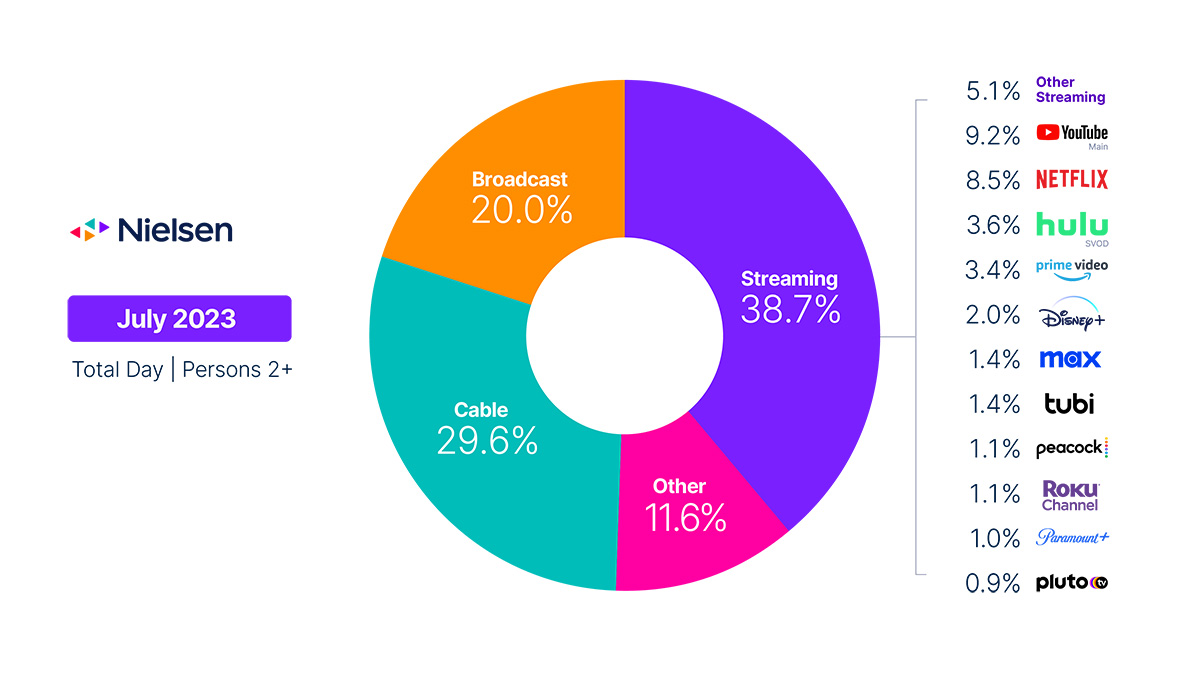
The Premier League, a cultural juggernaut of English football, has transformed over the decades into a global spectacle, captivating millions of fans worldwide each week. It’s not just the thrilling matches or the iconic clubs that draw in audiences, but the comprehensive broadcasting framework that ensures every flick, tackle, and goal can be experienced in real time from New York to New Delhi.
This widespread appeal is underpinned by the league's meticulous approach to broadcasting rights, which not only fuels its global reach but also its financial might. The Premier League's broadcasting rights are a complex web of agreements that span continents, with major networks vying for the privilege to showcase what is often touted as the most exciting football league on the planet.
The American Viewing Experience
In the United States, the Premier League enjoys a significant viewership, with NBC Sports holding the exclusive broadcasting rights until the end of the 2027-28 season. This partnership, which began over a decade ago, has been instrumental in growing the league's fan base across the Atlantic. NBC Sports has embraced this role, offering extensive coverage through its various platforms, including NBC Sports Network, USA Network, and the streaming service Peacock.
Peacock, in particular, has become the digital home for many Premier League fans in the U.S., offering a vast array of live matches each weekend. Subscribers to Peacock’s Premium service can enjoy more matches than any other platform, a strategy that has significantly increased viewership numbers. NBC’s integration of football into its broader sports programming, such as coverage on the USA Network, has further cemented the league’s presence in American sports culture.
The Impact of Broadcasting on Global Popularity
The Premier League's approach to broadcasting is not merely about expanding its geographical footprint; it’s a calculated strategy to enhance global engagement and revenue. Broadcasting rights deals contribute significantly to the league's financial ecosystem. According to reports, the Premier League's revenues have doubled those of La Liga and the Bundesliga, a testament to the league's marketing prowess and the global demand for its product.
This financial advantage allows Premier League clubs to attract top talent from around the world, creating a virtuous cycle of competitiveness and entertainment that further boosts viewership. The league's ability to market its brand globally has also led to lucrative sponsorship deals, enhancing its clubs' financial stability and their ability to compete both domestically and in European competitions.
Streaming: The Future of Football Broadcasting
The shift towards digital platforms like Peacock represents a broader trend in sports broadcasting: the rise of streaming services. This shift is driven by changing consumer habits, with more fans preferring the flexibility of streaming over traditional cable packages. Streaming services offer fans the ability to watch matches on-demand, access to exclusive content, and the convenience of mobile viewing, which is particularly appealing to younger audiences.
For the Premier League, embracing streaming technology has been a game-changer, opening up new revenue streams and reaching tech-savvy fans who might otherwise be disengaged from traditional broadcast methods. This evolution is evident in how the league has navigated its broadcasting rights deals, ensuring that both conventional cable and modern streaming platforms are utilized to maximize reach and engagement.
The Role of International Broadcasting
Beyond the United States, the Premier League's international broadcasting strategy is equally aggressive. From Asia to Africa, broadcasters have secured rights to bring the league to diverse audiences. In countries where football is still growing in popularity, these broadcasts play a crucial role in developing local fan bases and nurturing a deeper connection to the sport.
For instance, in regions where the time difference presents a challenge, broadcasters have adapted by offering replays and highlights, ensuring that fans don't miss out on key moments. This adaptability has been crucial in maintaining the league's global appeal, as it acknowledges the varying needs of its international audience.
Financial Implications of Broadcasting Rights
The sale of broadcasting rights is a major financial lifeline for the Premier League. These deals are not just about monetary gain but are also strategic tools for brand positioning and market penetration. The money generated from these deals is distributed among the clubs, allowing even the smallest teams in the league to compete financially with some of the biggest names in European football.
This distribution model has been pivotal in maintaining the competitive balance that makes the Premier League so unpredictable and exciting. Clubs can invest in their squads, infrastructure, and community initiatives, ensuring a high standard of professionalism and competitiveness throughout the league.
Conclusion
The Premier League's broadcasting strategy is a masterclass in global sports marketing. By ensuring that fans across the world can access high-quality broadcasts of every match, the league has cemented its status as the premier football competition globally. The integration of streaming services and traditional broadcasting methods has kept the league at the forefront of technological advancements in sports media, ensuring it remains accessible to a diverse and ever-growing audience.
As the league continues to expand its reach, the role of broadcasting rights will only grow in importance. This vital component of the Premier League's success story is not just about watching football; it's about connecting millions of fans with the drama, passion, and excitement that only the Premier League can offer.